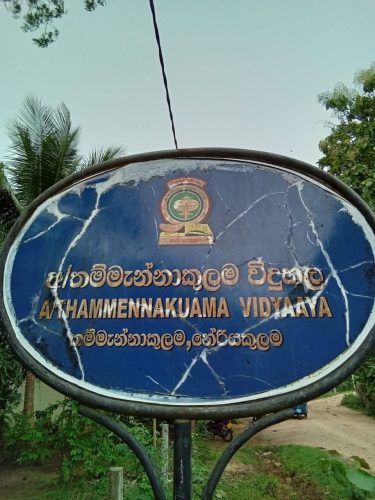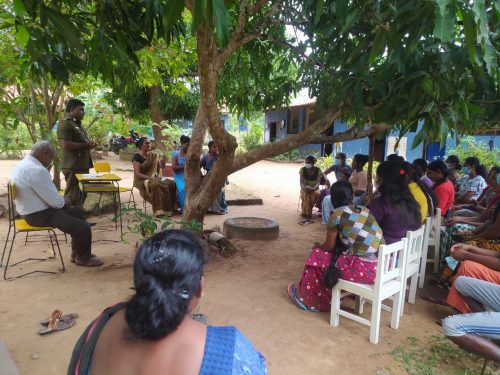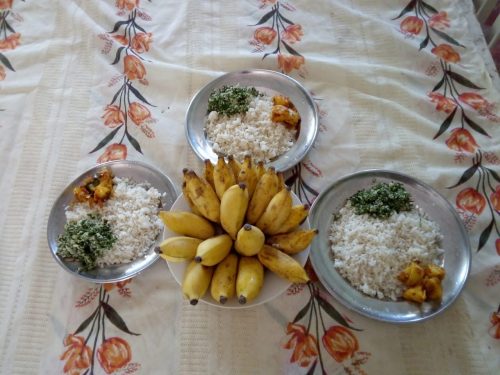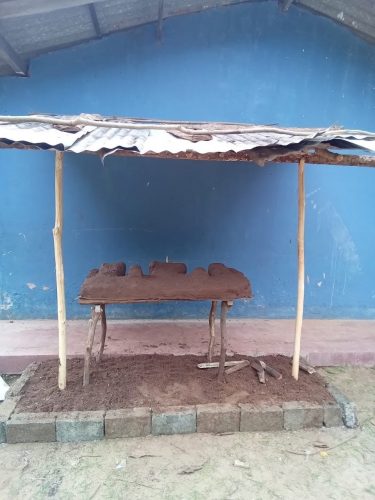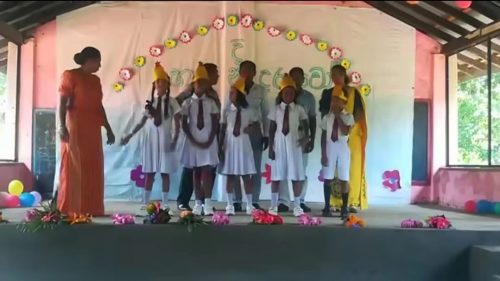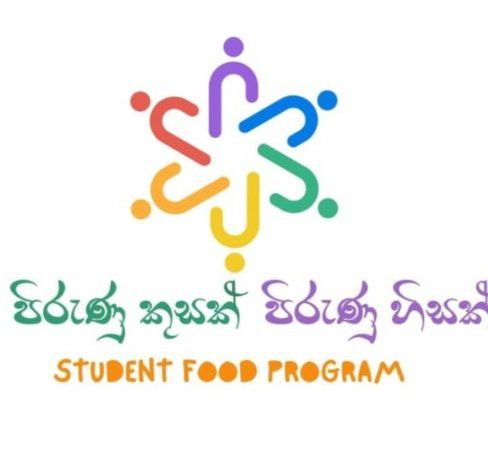SFP 28: A Story of Empowerment in Thammannakulama
If you want to see what empowerment looks like, just look at what’s happening at the school in Thammannakulama, near Neriyakulama. This is a story about a community that refused to take “no” for an answer and, with a little help, transformed their children’s future.
We all know the challenges schools face, especially in rural areas. When the government’s school meal program was rejected, the money for the food just went back to the government. The reason? “That’s all the government gives us,” the principal said. “But our kids need more. We’ll find a way until we can get it.”
The school’s inability to run the program wasn’t due to a lack of will; it was due to a series of practical problems:
* The government payments were delayed by two to three months.
* Shops wouldn’t give them credit for supplies.
* The allotted funds weren’t enough to cook a proper meal.
* Individual mothers couldn’t handle the responsibility alone.
* If one person was put in charge, the quality of the food would drop as they focused on profit.
We decided to step in, offering the same amount of money but with a few simple conditions. We wanted to see real change, not just a quick fix.
Here’s what we proposed:
* Mothers would have to organize themselves and cook together.
* No single person could cook alone.
* We would provide the money in advance, so they could buy ingredients from the market for the following week.
* The meals had to be filling and nutritious, not just a bare minimum. The only rule for the menu was that it had to be a filling meal, but at a minimum, it had to be rice and coconut sambal.
The village’s response was incredible. The headmaster brought the community together, and the school’s Public Health Inspector, Hirantha, explained the new plan. They embraced the challenge with open arms.
The project started, and despite a slight delay in the funds from our side, the mothers took ownership. They organized themselves into five groups, one for each day of the week, and began cooking for a better tomorrow. The meals were a testament to their creativity and determination, with ingredients sourced from trees, the earth, the lake, and vines. The plates were full, and the children were well-fed.
One day, the doctor visited and was met with an amazing surprise. “We built a kitchen, doctor,” they said proudly. “Now our school has a kitchen.”
Kitchens are for cooking. And schools have hungry students. Now, those students are eating meals cooked right there at their own school. The village that once said it couldn’t be done is now doing it. They’ve not only solved the immediate problem of feeding their children, but they’ve also learned how to properly use the government funds that were once sent back.
This is what empowerment is all about. It’s about giving a community the tools and trust they need to solve their own problems. It’s about a group of mothers, friends, and community members coming together to build a better future for their children.
A huge thank you to:
* Upeka Harshani Kalubadanage and her friends for taking on this immense challenge.
* Gunith, Akila, and Ravi for their support.
* Hirantha Lakmal Samaranayaka for getting the village on board.
* The headmaster for being a father figure with a spine of steel.
By Dr. Kiloshini Hendawitharana
